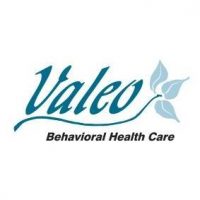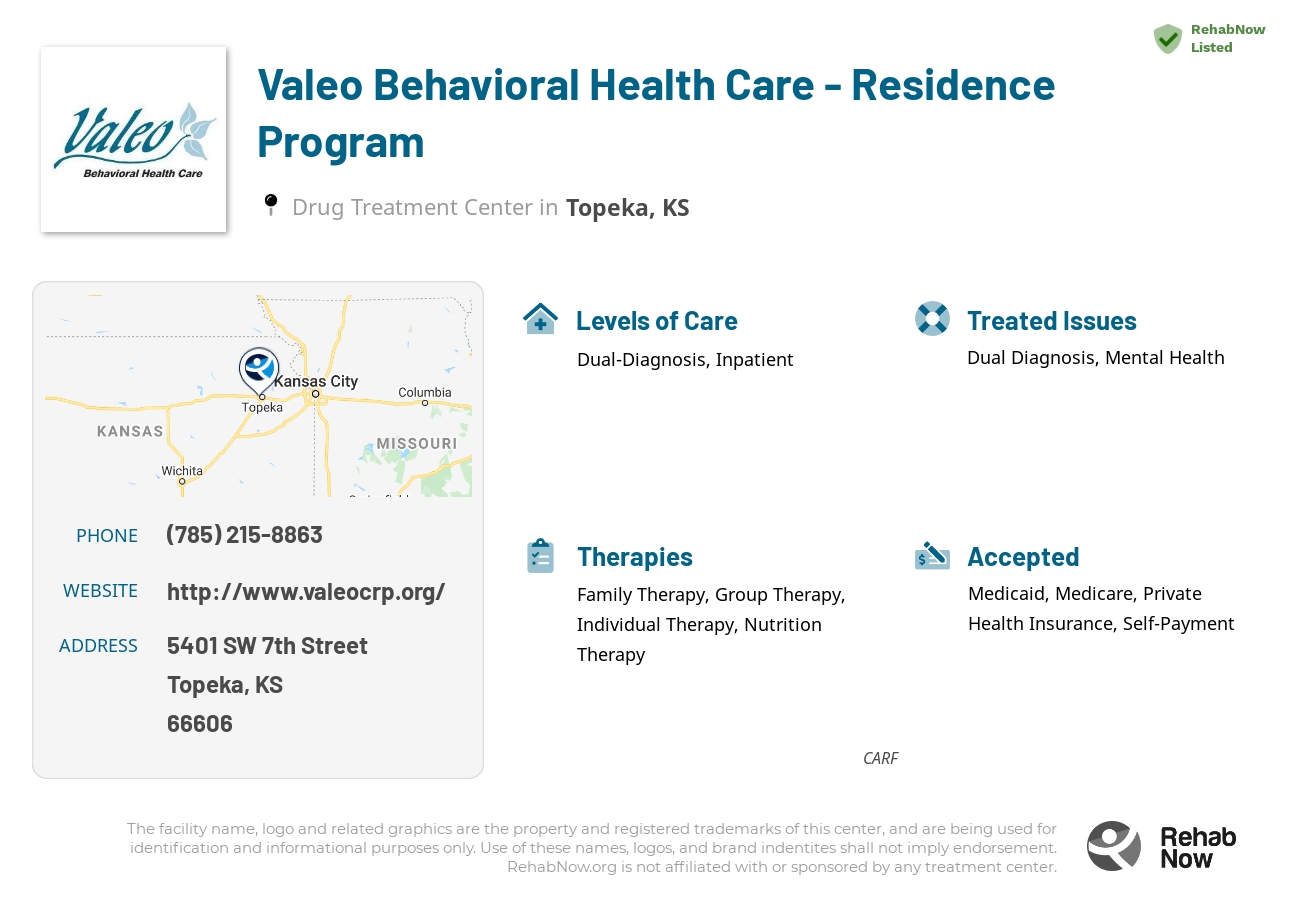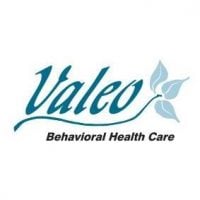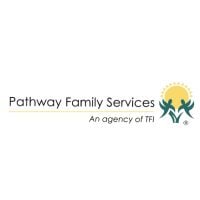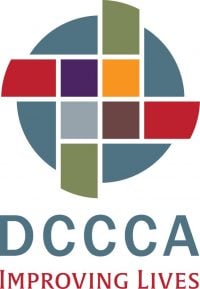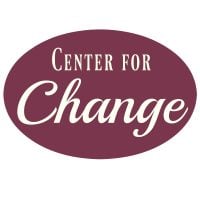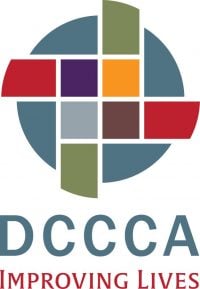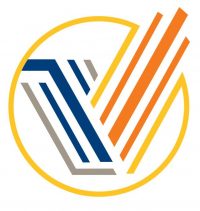Valeo Behavioral Health Care - Residence Program
Drug Rehab Center in Topeka, Kansas
The Valeo Behavioral Health Care - Residence Program is an accredited CARF addiction treatment facility that provides a comprehensive range of dual-diagnosis and inpatient residential levels of care for individuals struggling with substance abuse, dual diagnosis, and mental health issues, and accepts private health insurance.
About This Kansas Facility
Valeo Behavioral Health Care - Residence Program is a treatment facility located in Topeka, Kansas that specializes in treating individuals suffering from drug addiction, dual diagnosis, and mental health issues. It provides a variety of services including dual-diagnosis, inpatient and residential levels of care. Valeo is accredited by CARF which is an internationally recognized accreditation organization that is focused on quality and service excellence. Their services are designed to provide comprehensive treatment for both mental health and substance abuse, and they are also accepted by most private health insurance providers.
The Residence Program at Valeo Behavioral Health Care offers specialized services for individuals struggling with addiction and substance abuse. Their treatment plans are tailored to the individual's needs and can include individual, family, and group therapy, wellness activities, educational seminars, and structured living. They also utilize evidence-based practices such as Cognitive Behavioral Therapy, Dialectical Behavior Therapy, and Mindfulness to assist in recovery. Having a team of licensed psychologists, psychiatrists, and counselors allows them to address multiple issues simultaneously; creating a comprehensive approach to treating behavioral health.
Genders
Ages
Modality
Additional
Accreditations

CARF
The Commission on Accreditation of Rehabilitation Facilities (CARF) is a non-profit organization that specifically accredits rehab organizations. Founded in 1966, CARF's, mission is to help service providers like rehab facilities maintain high standards of care.
Conditions and Issues Treated
There are different kinds of Dual Diagnosis:. A person who simultaneously experiences both a mental illness and an addiction disorder. Or, a person who experiences one or more coexisting (simultaneous) mental health conditions in addition to a primary substance use disorder.
The treatment requires a multi-disciplinary approach, it’s crucial for individuals to partner up with a healthcare provider who understands all the recovery components.
Levels of Care Offered at Valeo Behavioral Health Care - Residence Program
This center offers a variety of custom treatment tailored to individual recovery. Currently available are Dual-Diagnosis, Inpatient, Residential, with additional therapies available as listed below.
Inpatient treatment is the most intensive level of care, and it’s necessary for those who aren’t able to control their addiction. These patients also must be drug-free before attending inpatient programs .
During inpatient treatment, addicts live at an inpatient facility 24 hours a day while receiving help. This type of program is generally recommended for those who need to go through detoxification or who are struggling with serious addiction-related issues.
Residential treatment programs are those that offer housing and meals in addition to substance abuse treatment. Rehab facilities that offer residential treatment allow patients to focus solely on recovery, in an environment totally separate from their lives. Some rehab centers specialize in short-term residential treatment (a few days to a week or two), while others solely provide treatment on a long-term basis (several weeks to months). Some offer both, and tailor treatment to the patient’s individual requirements.
Therapies & Programs
People in addiction recovery can benefit from individual therapy. This type of therapy involves meeting with a therapist one-on-one. This allows for a personal and trusting relationship to be built so that the patient can be truly themselves and express any emotions they feel. Individual therapy leads to greater understanding and peace about your triggers for addiction and coping strategies to prevent relapse.
Family therapy is a type of group problem-solving that aims to improve communication and relationships between the patient, their family, and sometimes friends. The main goal of family therapy for drug addiction is to create an environment where communication can occur without judgment, hostility, or blame. The therapist is with the family as they learn to communicate with each other differently, especially with the addict when s/he is using.
Group therapy sessions are held in rehab facilities, clinics, churches or community centers that offer drug addiction treatment. People who attend these groups are encouraged to voice their feelings and support other addicts in recovery. This helps group members strengthen their own recovery program while cheering on others who are struggling with sobriety.
Group therapy sessions provide recovering addicts with a chance to cope with everyday situations that many face. Group therapy sessions are held in rehab facilities, clinics, churches or community centers that offer drug addiction treatment.
People who attend these groups are encouraged to voice their feelings and support other addicts in recovery. This helps group members strengthen their own recovery program while cheering on others who are struggling with sobriety.
Dialectical Behavior Therapy (DBT) is a form of cognitive-behavioral therapy that helps people understand how they connect their thoughts, behaviors, and feelings. It can give them more control over their actions, effectively stopping self-harm ideations and attempts in some patients. It also helps put those with borderline personality disorder into control for managing mental struggles.
A new study has shown that DBT works for those with self-harm behaviors and addictions by giving them therapy they can relate to and understand.
Cognitive Behavioral Therapy (CBT) helps addicts identify faulty, negative thinking so that they can work together with the therapist to find healthier ways of thinking. CBT focuses on specific aspects of each person’s thinking, feeling, physiology, and behavior. It aims to identify specific problems in these areas, and create a personalized treatment strategy.
Addicts often experience intense cravings for sugary foods during recovery. By teaching addicts how to eat well and stay healthy, therapists can help them manage their cravings over the course of treatment.
During these sessions, Topeka, Kansas dietitians and therapists will offer advice about healthy eating options and teach addicts how to make specific changes in their diet that can help reduce the effects of cravings during recovery.This type of therapy is often used in conjunction with other types of addiction treatment services. By identifying specific triggers and developing strategies to help addicts avoid relapse, most individuals can overcome their cravings and stay sober for good after they finish rehab.
The first step to becoming a non-smoker is the choice to quit smoking. Nicotine replacement therapies are effective because they provide you with the nicotine you are addicted to without inhaling carcinogens from cigarettes.
There are several types of NRT. These include:
- Nicotine gum
- Nicotine patches (transdermal systems)
- Nasal spray
- Lozenges
The benefits to using NRT can include:
- Reduce the risk of heart disease and cancer
- Reduce the anxiety and irritability associated with quitting smoking
- Reduce the risk of type II diabetes.
- Improved fertility in women
Payment Options Accepted
For specific insurance or payment methods please contact us.
Is your insurance accepted?
Ask an expert, call (888) 674-0062
Additional Details
Specifics, location, and helpful extra information.
Topeka, Kansas 66606 Phone Number(785) 215-8863 Meta DetailsUpdated November 25, 2023
Staff Verified
Patient Reviews
There are no reviews yet. Be the first one to write one.
Topeka, Kansas Addiction Information
About 42% of adults in Kansas have tried an illicit drug at some point in their lives. 12.4% of the state population uses illegal drugs and 4.5% abuse alcohol in a given year. 15.16% of all deaths in Kansas between 2008 and 2017 were caused by either drugs or alcohol.
9.8% of people in Topeka, Kansas, aged 12 or older had used an illicit drug. The number of meth lab seizure events in Kansas rose 48% over the same period. Commonly misused illicit substances in Topeka include MDMA ( ecstasy ), LSD, methamphetamine, and cocaine. There are several different addiction treatment programs in Topeka, Kansas. Some of the programs include inpatient, outpatient, day-treatment programs, and sober homes.
Treatment in Nearby Cities
- Burlington, KS (59.6 mi.)
- Overland Park, KS (58.1 mi.)
- Colby, KS (285.2 mi.)
- Hillsboro, KS (92.5 mi.)
- Garden City, KS (287.3 mi.)
Centers near Valeo Behavioral Health Care - Residence Program
The facility name, logo and brand are the property and registered trademarks of Valeo Behavioral Health Care - Residence Program, and are being used for identification and informational purposes only. Use of these names, logos and brands shall not imply endorsement. RehabNow.org is not affiliated with or sponsored by Valeo Behavioral Health Care - Residence Program.
